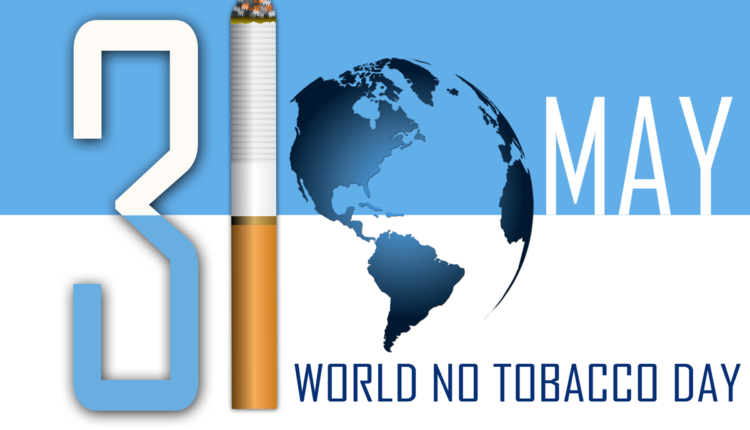What Indian doctors have to say about tobacco smoking? – World No Tobacco Day
31st May 2017 is World No Tobacco Day and the theme for this year is ‘Tobacco – a threat to development’.
Be it tobacco or hookah smoking, the fact that it is injurious to health can’t be overlooked. But if statistics are to be believed, around 6 million Indians die every year due to tobacco smoking. And the doctors have always been emphasizing on the ill-effects of tobacco smoking. As the theme for this year is ‘tobacco – a threat to development’.
Tobacco scars the environment
The first-ever WHO report, Tobacco and its environmental impact: an overview, also shows the impact of this product on nature, including:
- Tobacco waste contains over 7000 toxic chemicals that poison the environment, including human carcinogens.
- Tobacco smoke emissions contribute thousands of tons of human carcinogens, toxicants, and greenhouse gases to the environment. And tobacco waste is the largest type of litter by count globally.
- Up to 10 billion of the 15 billion cigarettes sold daily are disposed in the environment.
- Cigarette butts account for 30–40% of all items collected in coastal and urban clean-ups.
Tobacco threatens women, children, and livelihoods
Tobacco threatens all people, and national and regional development, in many ways, including:
- Poverty: Around 860 million adult smokers live in low- and middle-income countries. Many studies have shown that in the poorest households, spending on tobacco products often represents more than 10% of total household expenditure – meaning less money for food, education and healthcare.
- Children and education: Tobacco farming stops children attending school. 10%–14% of children from tobacco-growing families miss class because of working in tobacco fields.
- Women: 60%–70% of tobacco farm workers are women, putting them in close contact with often hazardous chemicals.
- Health: Tobacco contributes to 16% of all noncommunicable diseases (NCDs) deaths.
Tobacco control supports health and development
WHO is calling on countries to prioritize and accelerate tobacco control efforts as part of their responses to the 2030 Agenda for Sustainable Development.
All countries benefit from successfully controlling the tobacco epidemic, above all by protecting their citizens from the harms of tobacco use and reducing its economic toll on national economies. The aim of the Sustainable Development Agenda, and its 17 global goals, is to ensure that “no one is left behind.”
Tobacco control has been enshrined in the Sustainable Development Agenda. It is seen as one of the most effective means to help achieve SDG target 3.4 of a one-third reduction globally, by 2030, of premature deaths from noncommunicable diseases (NCDs), including cardiovascular disease, cancers and chronic obstructed pulmonary disease. Strengthening implementation of the WHO Framework Convention on Tobacco in all countries is an additional target to be met by governments developing national sustainable development responses.
Goals of the World No Tobacco Day 2017 campaign
- Highlight the links between the use of tobacco products, tobacco control and sustainable development.
- Encourage countries to include tobacco control in their national responses to 2030 Sustainable Development Agenda.
- Support Member States and civil society to combat tobacco industry interference in political processes, in turn leading to stronger national tobacco control action.
- Encourage broader public and partner participation in national, regional and global efforts to develop and implement development strategies and plans and achieve goals that prioritize action on tobacco control.
- Demonstrate how individuals can contribute to making a sustainable, tobacco-free world, either by committing to never taking up tobacco products, or by quitting the habit.
World No Tobacco Day is observed around the world every year on May 31. The member states of the World Health Organization created World No Tobacco Day in 1987. It draws global attention to the tobacco pandemic and to the preventable death and disease it causes. It aims to reduce the 400,000+ yearly deaths from tobacco related health problems. From 1988 the WHO has presented one or more World No Tobacco Day (WNTD) Awards to organizations or individuals who have made exceptional contributions to reducing tobacco consumption.


